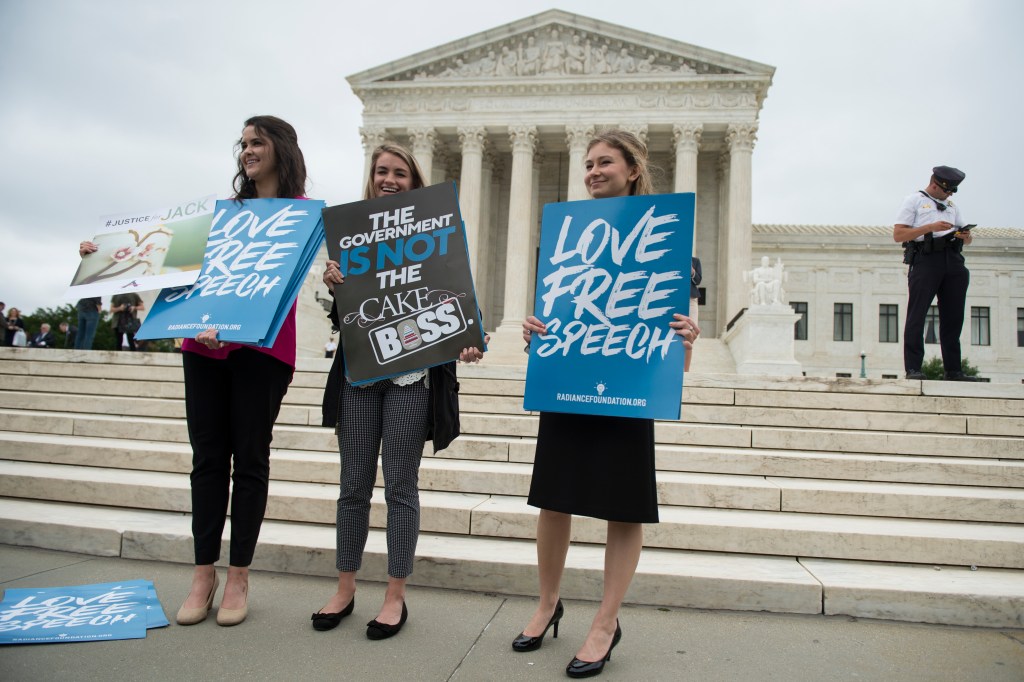Christian anti-LGBTQ+ ‘hate group’ pushing to overturn US bans on conversion therapy

The ADF is seeking to overturn conversion therapy bans (Canva)
A Christian, anti LGBTQ+ group is pushing to overturn so-called ‘conversion therapy’ bans for minors in the US, under the guise of freedom of speech and religious freedom.
The Alliance Defending Freedom (ADF) – which is described as a hate group by the Southern Poverty Law Center – is currently providing legal counsel to Brian Tingley, a licensed marriage and family counsellor.
In Tingley v. Ferguson the ADF is challenging Washington’s ban on conversion practices for LGBTQ+ youth that seeks to change their sexuality or gender identity, with Tingley saying the ban violates his freedom of speech and right to freely exercise his religion.
So-called ‘conversion therapy’, which is not therapy nor rooted in science, has been disavowed as a form of psychological torture by major psychological, medical and human rights bodies.
This is not the first time the legal group has rallied against the LGBTQ+ community, and has a long history of doing so.
Back in 2003, the ADF unsuccessfully tried to recriminalize homosexual acts in the US, supporting Texas’ sodomy law in a case which eventually found it unconstitutional. It has also rallied against same-sex marriage and same-sex adoption, opposed LGBTQ+ discrimination protections and trans inclusion in sports.

In his petition to the court, Tingley states he “grounds human identity in God’s design rather than a person’s feelings or wishes” and “many of his clients agree”.
They allegedly “seek his counsel precisely because they want to align their identity with their faith”.
He adds his speech through his work should be considered as “speech” and not “conduct”.
Tingley goes on to describe the punishment’s issue by Washington for carrying out conversion therapy are “draconian penalties” and he “lives in continuous fear of government persecution”.
Speaking with The New Republic Katherine Franke, a law professor at Columbia University, said the ADF will use similar free speech arguments to attempt to overturn other regulations.
“We have all sorts of regulations for licensed mental health professionals, and the patients rely on this kind of safety that those licensing requirements impose,” she told the publication.
“Opening the door in this kind of case… opens the door to quite a few other situations where a person may have an objection to what is a public norm or an expert judgement about the safety of other people.
“It shouldn’t be your private decision that you’re not going to agree with that and therefore [will] not follow that law, when that is a condition of your licensure.”

